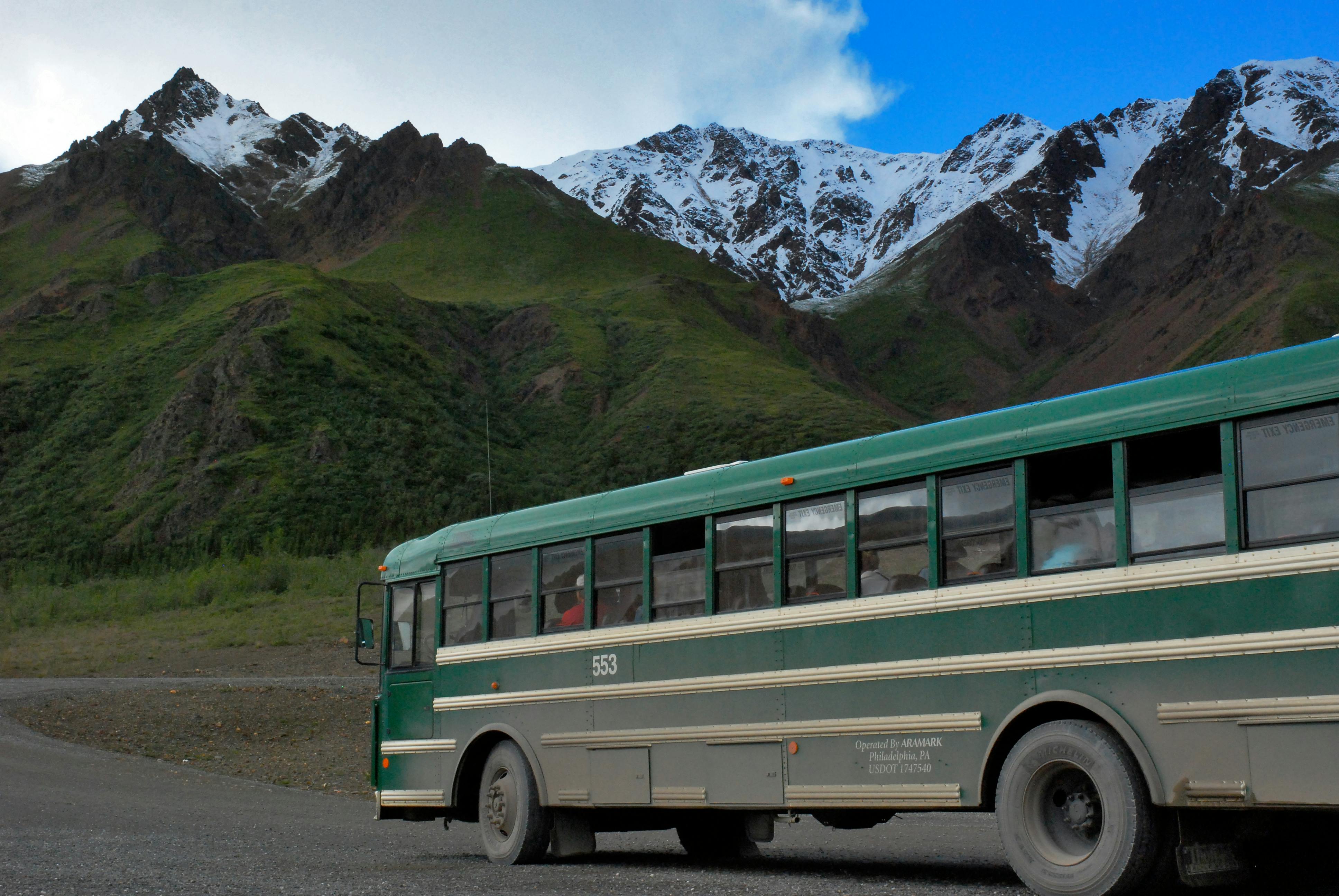How to Travel Sustainably in Northeast India

Traveling is a popular and extensive activity enjoyed by many, and is done for many reasons; spiritual, adventurous, leisure, and research, just to name a few. While it is enjoyable, it is also important to remember that like all activities, it must be done sustainably to avoid harming the environment and prevent the waste of resources.
With that in mind, let�’s take a look at techniques and tips for sustainable traveling, focusing on travel in the northeastern region of India.
Planning Ahead
As every trip begins with the physical aspect of traveling, we’ll start there too. Planning your movements and whereabouts beforehand will help in reducing unnecessary back and forth while on the road, which in turn reduces carbon emissions from vehicles. Using public transport or carbon-free methods of transport, and traveling by flight or train only when necessary, are significant in decreasing one’s carbon footprint. This is helpful in preserving the sanctity of the environment and preventing lasting damage. Additionally, activities like walking and cycling help us take in scenery in places like Kaziranga National Park or Majuli island, and get the feel for a place a lot more than from inside cars.
Supporting Local Businesses
Another aspect of sustainable traveling includes supporting the local economy and tourism industry, which can be done by staying in local hotels or homestays. This ensures that the local community actually benefits from tourists, which is not always the case when staying in commercial hotels or resorts. Those places also use more electricity and water power than local businesses. The chance to try authentic and good quality food is also much higher in local restaurants, which are often family-owned.
Respectful Behavior
Practicing respectful interactions with the places one is visiting is a necessary quality that is sometimes overlooked. It is important to have respect for the culture and traditions of wherever you are visiting. We shouldn’t do anything to disturb the functioning of their daily lives and surroundings, and do our best to leave the place as it was. Since all northeastern states have distinct culture, languages, and practices, one should research before visiting to minimize and prevent negative interactions and misunderstandings.

The importance of sustainable traveling in northeastern India has been driven up by multiple promotional campaigns from the government, such as Travel for LiFE, Swadesh Darshan 2.0, PRASHAD, and UDAN-RCS. Following these campaigns helps us gain awareness and practice eco-friendly traveling that is good for the environment and economy both.





